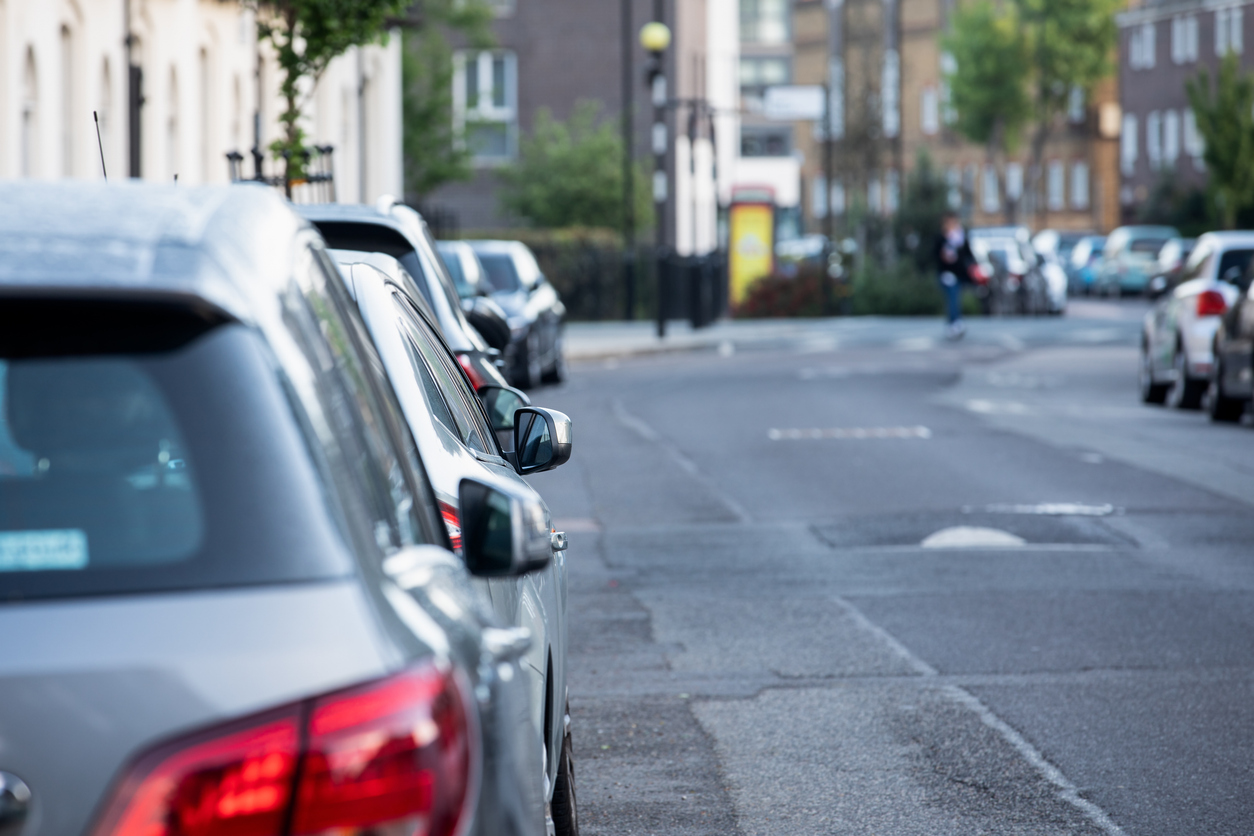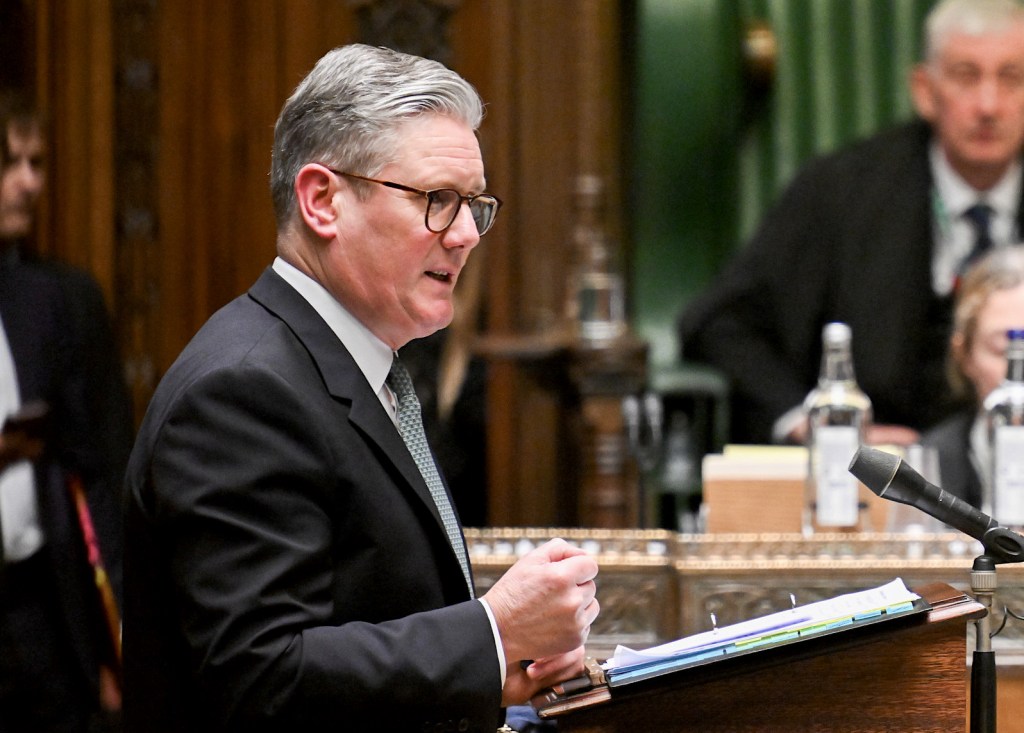In a city at war with the car, there’s plenty of competition. Lambeth has hiked the cost of residents’ parking permits by as much as 400 per cent, Islington has installed wavy kerbs to deter drivers and more than half of Hackney is covered by Low-Traffic Neighbourhoods (LTNs). But Labour-run Hammersmith and Fulham, in west London, must surely have a claim to being London’s most anti-car borough.
Not content with raking in £11.8 million in a year from drivers breaching the ‘South Fulham Clean Air Neighbourhood’ that has left local businesses losing money, the council recently created one of Britain’s smallest LTNs – a 350ft stretch that critics have warned could lead to as many as 3,200 drivers being fined per day due to a ‘visual cacophony’ of confusing signs. Last year, it emerged that just one box junction in Hammersmith brought in £2.7 million a year from penalty charges, with the RAC claiming the hatched area had been deliberately enlarged to catch more drivers. Meanwhile, a report from Transport for London in 2023 ‘revealed’ what anyone who lives in the area knew already, which is that a £1.6 million cycle lane in the centre of Hammersmith has led to ‘congestion and queueing’ and caused ‘traffic mayhem every time a bus stops’ by making it impossible for other vehicles to go around it.
But its latest anti-car measure is perhaps the most insidious. Last week, the council quietly brought in its first rise to residents’ parking permit charges since 2012. Permit-holders weren’t notified directly, but the council website declared: ‘Instead of a flat rate for all vehicles, the council has introduced seven emissions-based bands. The least polluting cars will now have the lowest parking permit price.’ Our mid-sized family car falls into Band 4, with an annual cost of £230 – almost double last year’s fee of £119. Residents have started a petition, objecting that the increases far exceed inflation and that those affected have not been adequately informed or consulted.
The charges, the council says, ‘reflect vehicle emissions to address dangerous levels of air pollution’. But look a little closer and you’ll find something curious: ‘For the first time, drivers of electric and hybrid vehicles will pay for parking permits.’ In fact, owners of electric cars with a CO2 emission rating of 0g/km will now pay £125 for a year’s permit – more than petrol car owners were paying last year. (In the neighbouring borough of Hounslow, which is also introducing emissions-based parking charges this month, owners of a zero-emissions car will pay less than half this much.)
If the price hike was really about tackling pollution, wouldn’t zero-emissions vehicles have remained exempt? The council has an answer for that: ‘Even the cleanest vehicles cause pollution through dangerous particle emissions from tyre and brake wear, and during the manufacturing process.’ But by stinging the owners of the lowest emitting vehicles with the biggest percentage increase in permit costs, it makes the argument that it’s all for the sake of the environment ring hollow. While the borough says it’s ‘committed to encouraging residents in the transition from high polluting petrol and diesel vehicles to cleaner electric vehicles’, it’s just made it a lot more expensive to do so. It’s starting to look like the changes are more about waging war on cars than protecting the planet.
If the price hike was really about tackling pollution, wouldn’t zero-emissions vehicles have remained exempt?
The borough’s hourly on-street parking charges also moved to an emissions-based tariff last week, with the fee for parking that same mid-sized family car rising by nearly 30 per cent – from £3.50 an hour to £4.50. So keen is the council to keep its residents out of their cars that this is slapped not just on visitors, but permit-holders who stray outside their designated parking zone, of which there are more than 30 in Hammersmith and Fulham. (In neighbouring Kensington and Chelsea, by contrast, a residents’ permit entitles you to park anywhere in the borough.)
The Telegraph revealed last year that H&F’s own parking strategy report discussed plans to use parking charges to ‘influence… whether someone owns a car’. By packaging these price hikes as an environmental necessity, it seems they’re greenwashing what amounts to little more than a plan to get us all to give up on our cars altogether.
Still, the council is offering a solution of sorts for those who need to get somewhere that can’t be reached by public transport: hop in a bright yellow golf buggy. Ten of the £7,000 Yo-Go electric buggies have just been made available to hire in Fulham, with the fleet soon due to rise to 50. There might be nowhere to stash your luggage, no car seats for the kids, no room for the dog and little protection from the weather, and they’re made in China so you’ll have to grapple with a left-hand drive – but at least you won’t have to pay for parking.









Comments